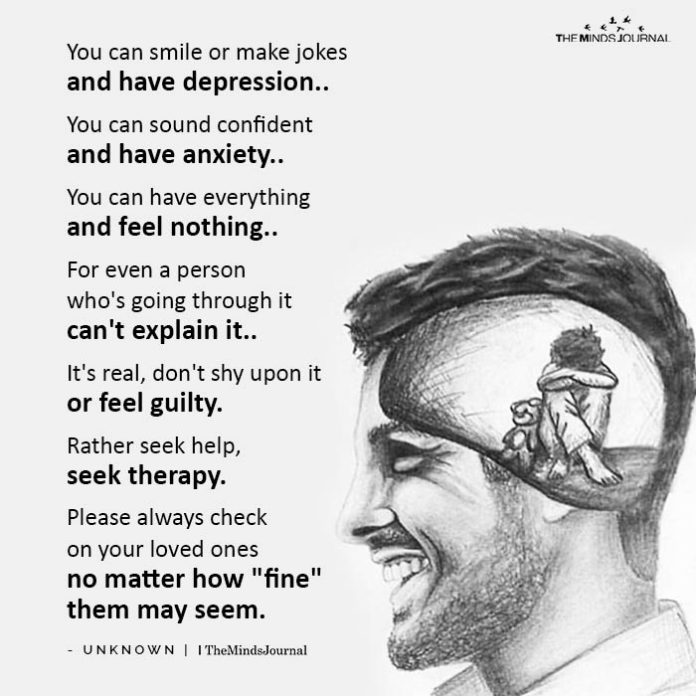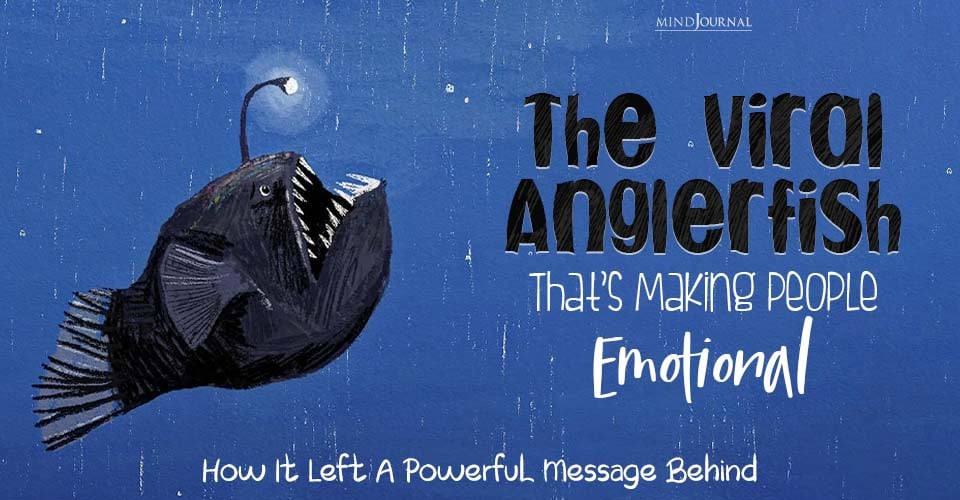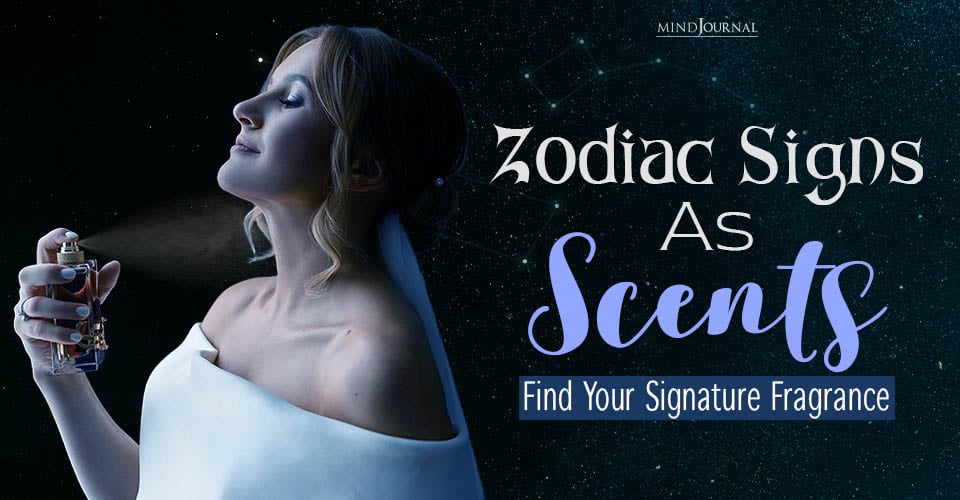It is but a known fact that depression affects mood, sleep, energy, relationships, social connections, physical health, work-life, decision-making skills, interests, hobbies, self-esteem, hope, and various other aspects of life. But do you know that depression affects language too?
People with depressive symptoms speak languages differently, which is an unexpected negative outcome of this deadly mental health problem.

According to a new study – published in Clinical Psychological Science – by Mohammed Al-Mosaiwi and other researchers – on the relationship between depression and language – you can easily spot a person with depression analyzing the use of written and spoken language and the results are mind-blowing.
Related: What Depression Looks Like: The Hard-Hitting Truth
Depression is the burning issue with more than 264 million people of all ages suffering from this mental health condition. Intense research is going on to find anything that can help spot people with depression and prevent suicides.
Celebrity suicides such as those of Sylvia Plath and Kurt Cobain have played a great role in depression awareness. To prevent such tragic suicides it is very important to spot the condition using more tools.
Researchers say your language speaks a lot about your depression.
Language of depression
What helped Mohammed Al-Mosaiwi and his team ace this study is the personal essays and diary entries by depressed people including the work of popular artists like Cobain and Plath. Cobain’s songs and Plath’s poems highlighted the undercurrent of depression (Al-Mosaiwi & Johnstone, 2018).
On that note, if you check one of the last few songs of Chester Bennington – “I don’t like my mind right now” clearly depicts his depressed state of mind. He has composed many lyrics hinting at addiction and abuse. It means depression affects language, style of speaking, vocabulary, and writing to a great extent.
Sometimes this “language of depression” can have a powerful effect on others.
So, observing the snippets, phrases, or words and patterns of speaking and writing can help one decode consistent differences in language between people with and without depression.
Related: 10 Hidden Traits Of Depression You Might Not Know About
Technology and linguistic analysis
Thanks to the technological advances that took study this to a new level. A few decades ago, researchers manually collected notes and data to analyze reading and writing style to determine whether they are typical of depressed people. The traditional linguistic analysis was a tedious and daunting process!
But, in this digital age, social media platforms and tools like virtual therapy, artificial intelligence, and machine learning (computers that can learn from experience without being programmed) allow quick identification of linguistic patterns indicative of depression. Large data can be collected and analyzed in minutes saving time and cost as well. This type of analysis is far more effective than those done by trained therapists. Language analysis using these modern tools helps in classifying various mental health conditions.
Further statistical tools also help in fast and accurate calculation of metrics like
- Percentage prevalence of words
- Classes of words
- Lexical diversity
- Average sentence length
- Grammatical patterns
What was the study all about
The research team analyzed texts from over 63 internet forums comprising more than 6,400 members. The researchers focused on
- Content
- Language style
- Negative vocabulary
- Absolutists
- Pronouns
- Rumination
Researchers looked for the use of negative emotion words such as “sad” or “depressed”. They also analyzed the use of pronouns like “I”, “they”, “we” people in various internet forums as they are better indicators of depression than the negative emotion words.
The reason for analyzing pronouns is their functional role in language as they determine the style of writing. People use pronouns subconsciously and can reveal one’s beliefs and values though not expressed directly (Al-Mosaiwi & Johnstone, 2018).
With the help of Linguistic Inquiry and Word Count software, researchers screened for “absolutist” words or phrases that don’t allow detailed consideration of any situation or event. It is because people with depression don’t verbalize their thoughts in relative terms.
Related: Priming Psychology: How To Influence Someone’s Thoughts and Behaviors
The study also focused on ruminating tendencies in internet forums. Rumination is simply repetitively going over a thought or a problem without completion.
Altogether, findings from such research and intense linguistic analysis depict clear differences in language between those with and without depressive symptoms.
How depression affects language?
According to the research, people with depression use language styles that hint at their bad mood or emotional experience. Upon monitoring the depressed individuals, usage of specific patterns of words has been found.
Most of their content convey negative emotions evident from negative adjectives and adverbs like “sad”, “lonely”, “fear” and “helpless”. The study results revealed that those experiencing suicidal ideation used fewer negative emotion words than people who were anxious or depressed.
Related: Sitting for 8 hours a day linked to a higher risk of depression
Now, these findings are crucial as they contradict the popular belief that people experiencing suicidal ideation have a greater tendency to talk about negative emotions than people with anxiety and depression but not considering suicide.
People with and without depression also show remarkable differences in speaking and writing style. Those with depression commonly use absolutists terms like, “I will fail”, “I can’t do it”, “no one loves me” and so on. These types of phrases in written and verbal communication represent cognitive distortions and indicate suicidal thoughts.
Also, the use of a first-person singular pronoun is very common in the case of people with symptoms of depression. You will hear more of “me”, “myself” and “I” and fewer second and third-person pronouns like “they”, “their”, “them” or “he/she”.
This indicates that people with depression end up thinking only about their problems, life, and so on. You will rarely hear “we” or “they” because they are convinced that no one understands them and don’t think they can be in a good and harmonious relationship with others.
Researchers found that people in suicide ideation forums commonly used absolutist language than those in anxiety and depression forums. However, when they compared people in the same anxiety and depression forums to those in control forums, more absolutist words were found in depression forums. Thus, depression affects language.
Related: Music Therapy for depression – how can it heal you?
Another common symptom of depression is rumination, which turned out to be a strong indicator of depression for researchers. Ruminating is the tendency to think deeply about something repeatedly. Those who are depressed have obsessive thoughts about a particular event, situation, relationship, or loss in the past. This affects their attention and thinking skills.
Rumination is evident from repeated thoughts in their journals or personal diaries and speech where they speak about the same topic again and again. They can’t see the world out of their self-created bubble. They lack interest in hobbies, withdraw from social connections and cut off interactions with people and mostly spend indoors drowned in negative thoughts.
Consequently, they fail to come out of a complicated loop of destructive thinking or look at the brighter side of life. Since they do not engage in any new experiences, conversations or activities, they have no new information to change their perspective and way of speaking.
Related: What is EFT Tapping & How It Can Help You Heal Yourself
Does recovery from depression bring changes in written and spoken language?
Well, the above research did ask participants who feel they have recovered from depression to participate in the recovery forums and write posts. Results showed negative emotion words were used at comparable levels to control forums. However, there was an increase in positive emotion words by 70%. On the other hand, the use of absolutist words remained significantly greater than that of controls but slightly lower than in anxiety and depression forums (Al-Mosaiwi & Johnstone, 2018).
Related: How to Ask for Help With Depression: 8 Ways To Reach Out & Start Recovering
The researchers argue that people who think they have recovered are likely to have depressive symptoms again. It is evident from the tendency to use absolutists terms and first person singular pronouns even when there is no depression.
The bottom line
Depression affects language and people with depressive symptoms speak and write differently. They are more focused on themselves and less connected with the world, which influences their thinking and hence spoken and written language.
The study offered new insights that can help mental health experts better diagnose and understand people with anxiety and depression. More research is needed using the right technology to pin down the exact relationship between depression and language.
It feels amazing to see the practical implications of this valuable research. Experts can combine automated analysis with machine learning to evaluate the natural language text samples such as Facebook or blog posts and use the results to classify a variety of mental health conditions.
As more and more data is generated, it will become easier to consider broad patterns of negative emotion words, absolutism, rumination, and so on. In the next few years, improvement in machine learning algorithms will lead to better classification of different mental health problems and even subcategories.
Source
Al-Mosaiwi, M., & Johnstone, T. (2018). In an absolute state: Elevated use of absolutist words is a marker specific to anxiety, depression, and suicidal ideation. Clinical Psychological Science, 2167702617747074.










Leave a Reply